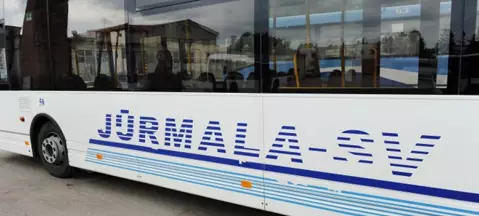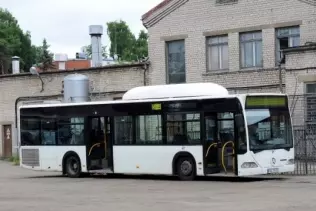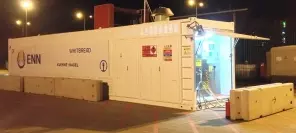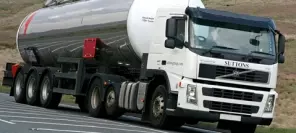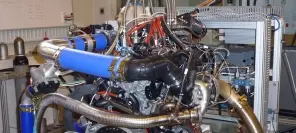- Main page
- Search
- Up to date
- Products
- Technology
- Vehicles
- Video
- Conversion Payback Simulator
Port Injection - Conversion Payback Simulator
Direct Injection - Conversion Payback Simulator
Diesel - Newsletter
Development of dual fuel technology in Latvia
 loading results...
loading results...Since 2005, there are 3 CNG stations in this Baltic country, operated by PLC Latvijas Gāze. The number of cars powered by this fuel is so small that in 2011 these facilities were not in operation due to the lack of interest in natural gas for vehicles. A fleet of gas vehicles in Latvia consists of about 80 cars.
The development of natural gas industry on the Latvian market was effectively halted due to the decision of the national gas supplier not to expand the network of CNG stations and close the existing ones, as well as due to the lack of any support from the government. There are also no regulations concerning using CNG as engine fuel. There’s also a strong competition in the form of LPG.
The only support shown to natural gas used as engine fuel in Latvia is the fact that tax is lower than in the case of petrol and diesel (10 cents per m3 compared to 41.12 cents per 1 liter of petrol, and 33.43 cents per 1 liter of diesel).
The price of natural gas for industrial consumers in Latvia is 0.385 EUR/m3, while the price for compressed fuel delivered in special tank trucks increases by 0.21 EUR/m3. This gives us a total price of 0.595 EUR/m3, whereas the price of diesel fluctuates around 1.04 EUR/liter.
Despite the lack of any encouragement, the CNG industry is making small steps forward, as evidenced by a successful pilot project for the use of dual fuel engines in public transport buses in Jūrmala.
10 Mercedes Citaro buses that meet the Euro 3 and Euro 4 emission standards have been adapted, so that they can be simultaneously powered by diesel and natural gas (diesel-gas system). Those buses were equipped with gas power systems manufactured by DiGas. Their tanks are refilled each night with a special tank truck that carries CNG.
By using natural gas, consumption of diesel fuel was reduced by 70%. Also 70% of the dose of diesel was replaced by natural gas, which gives as a consumption of 30 m3 per 100 km. Given the previously stated price of CNG when it’s supplied by the tank truck (0.595 EUR/m3), it turns out that the carrier reduces operating costs associated with fuel by 30%.
The success of public transport in Jūrmala encourages other operators of municipal fleets and buses to use natural gas. One example is Rigas Satiksme – a company that operates public transport in Riga (450 buses) – which estimates that it is able to save up to 43% on using natural gas compared to expenditure on diesel.
You may also find these interesting:
 loading results...
loading results...
